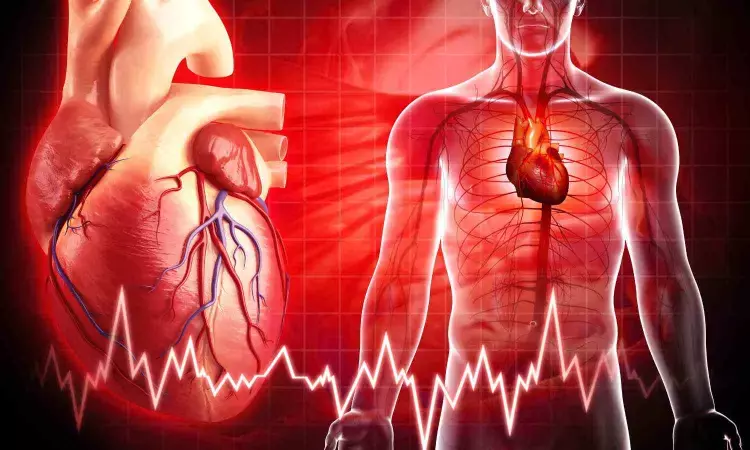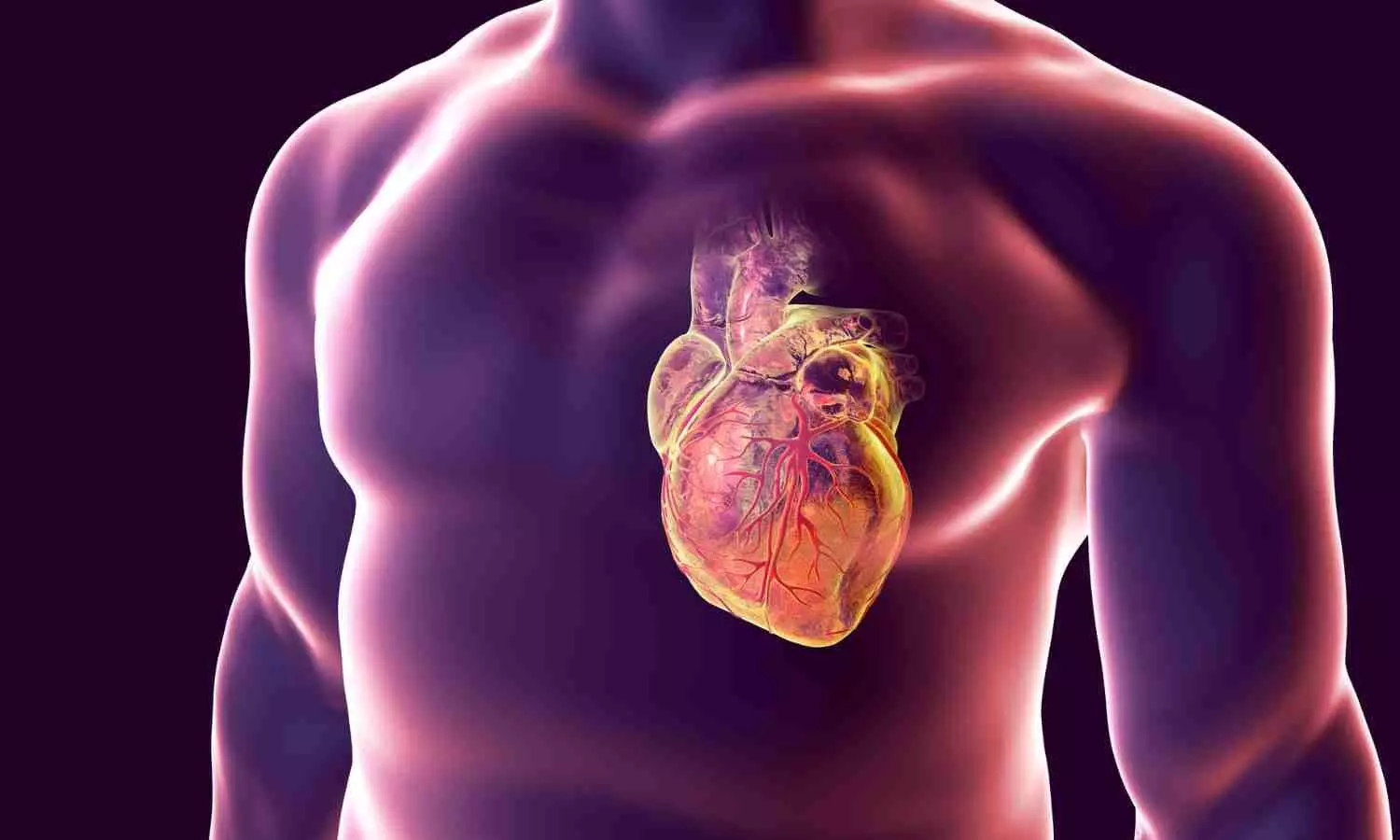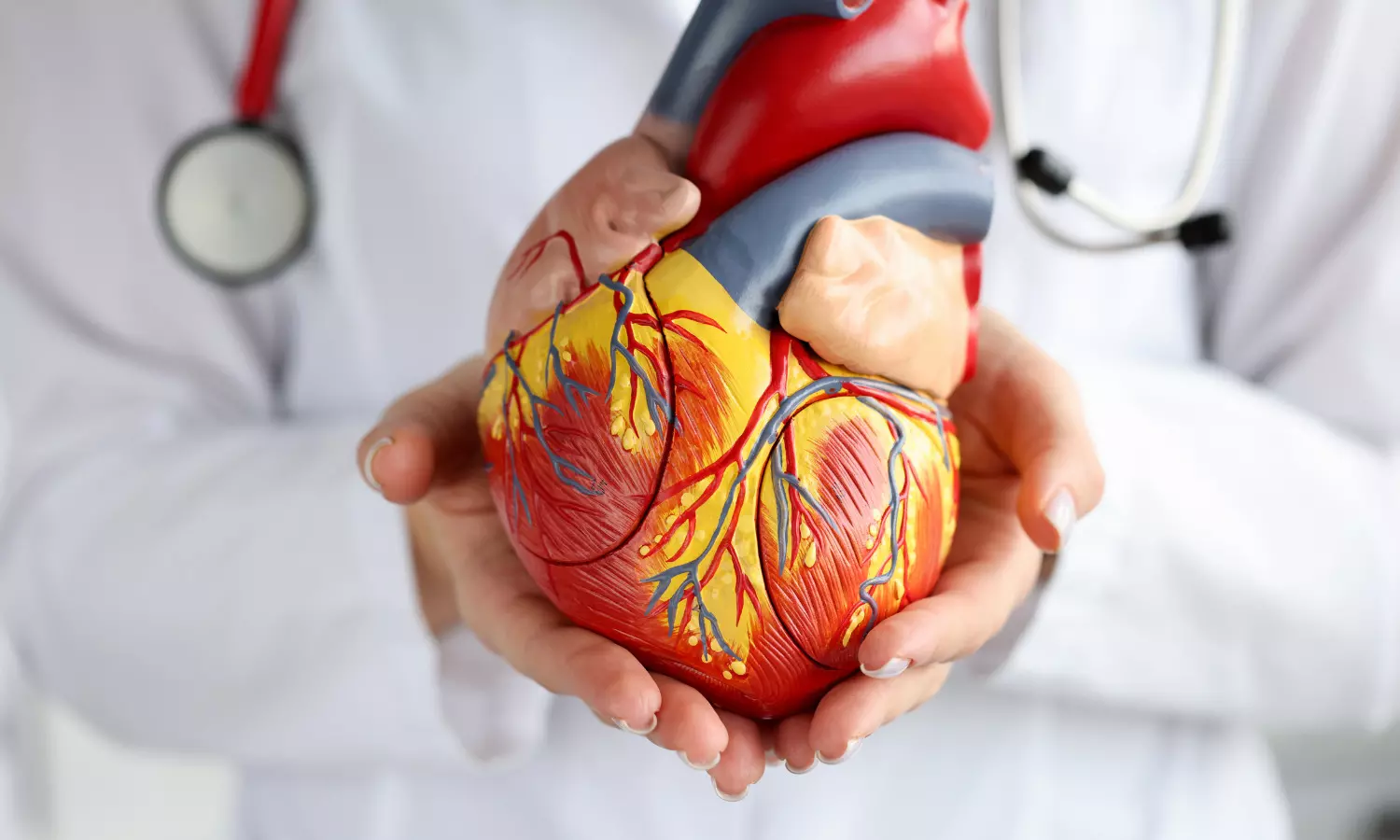- Home
- Medical news & Guidelines
- Anesthesiology
- Cardiology and CTVS
- Critical Care
- Dentistry
- Dermatology
- Diabetes and Endocrinology
- ENT
- Gastroenterology
- Medicine
- Nephrology
- Neurology
- Obstretics-Gynaecology
- Oncology
- Ophthalmology
- Orthopaedics
- Pediatrics-Neonatology
- Psychiatry
- Pulmonology
- Radiology
- Surgery
- Urology
- Laboratory Medicine
- Diet
- Nursing
- Paramedical
- Physiotherapy
- Health news
- Fact Check
- Bone Health Fact Check
- Brain Health Fact Check
- Cancer Related Fact Check
- Child Care Fact Check
- Dental and oral health fact check
- Diabetes and metabolic health fact check
- Diet and Nutrition Fact Check
- Eye and ENT Care Fact Check
- Fitness fact check
- Gut health fact check
- Heart health fact check
- Kidney health fact check
- Medical education fact check
- Men's health fact check
- Respiratory fact check
- Skin and hair care fact check
- Vaccine and Immunization fact check
- Women's health fact check
- AYUSH
- State News
- Andaman and Nicobar Islands
- Andhra Pradesh
- Arunachal Pradesh
- Assam
- Bihar
- Chandigarh
- Chattisgarh
- Dadra and Nagar Haveli
- Daman and Diu
- Delhi
- Goa
- Gujarat
- Haryana
- Himachal Pradesh
- Jammu & Kashmir
- Jharkhand
- Karnataka
- Kerala
- Ladakh
- Lakshadweep
- Madhya Pradesh
- Maharashtra
- Manipur
- Meghalaya
- Mizoram
- Nagaland
- Odisha
- Puducherry
- Punjab
- Rajasthan
- Sikkim
- Tamil Nadu
- Telangana
- Tripura
- Uttar Pradesh
- Uttrakhand
- West Bengal
- Medical Education
- Industry
Ultra-Low-Temperature Cryoablation promising in Treatment of Ventricular Tachycardias: Study

A recent first-in-human clinical trial, Cryocure-VT, has unveiled an amazing advancement in the treatment of scar-dependent ventricular tachycardias (VTs). The trial investigated the safety and efficacy of a novel ultra-low-temperature cryoablation (ULTC) catheter system utilizing nitrogen cryogen at a chilling -196°C, showcasing remarkable potential in addressing this cardiac arrhythmia.
- Out of the 64 patients enrolled (with a mean age of 67 years and predominantly ischaemic etiology), ultra-low temperature cryoablation demonstrated impressive acute effectiveness, achieving the primary endpoint in 94% of cases where post-ablation induction was attempted.
- Importantly, the procedure exhibited an excellent safety profile, with no protocol defined MAEs reported. Even in cases where procedure-related serious adverse events occurred, they were promptly resolved without lasting clinical consequences.
- At the six-month follow-up, a significant proportion of patients remained free from VT, with a notable reduction in the burden of ventricular arrhythmias, particularly in those with prior implantable defibrillators.
- Notably, the efficacy of ULTC cryoablation was consistent across both ischaemic and non-ischaemic cardiomyopathy cohorts, underscoring its broad applicability in diverse patient populations.
- At 6-month follow-up, 60.3% remained VT-free, and freedom from ICD shock was 81.0%, with no significant difference between ischaemic and non-ischaemic cohorts.
BDS, MDS
Dr.Niharika Harsha B (BDS,MDS) completed her BDS from Govt Dental College, Hyderabad and MDS from Dr.NTR University of health sciences(Now Kaloji Rao University). She has 4 years of private dental practice and worked for 2 years as Consultant Oral Radiologist at a Dental Imaging Centre in Hyderabad. She worked as Research Assistant and scientific writer in the development of Oral Anti cancer screening device with her seniors. She has a deep intriguing wish in writing highly engaging, captivating and informative medical content for a wider audience. She can be contacted at editorial@medicaldialogues.in.




